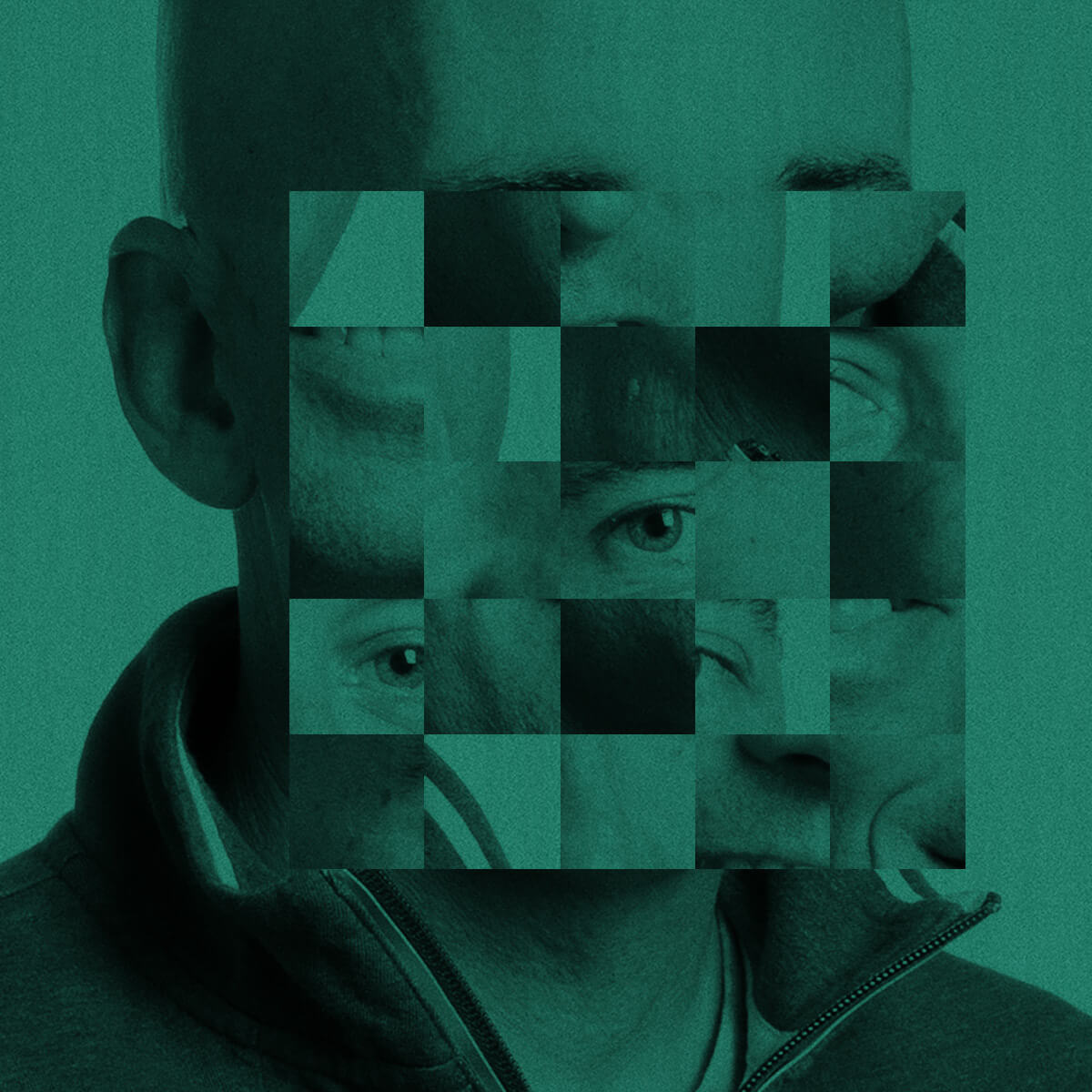Decipher Podcast: Reddit’s Matt Johansen on Identity Attacks, Enterprise Security, and Burnout
Reddit's head of application security Matt Johansen joins Dennis Fisher to talk about the highlights of Black Hat USA, the

He is one of the co-founders of Threatpost and previously wrote for TechTarget and eWeek, when magazines were still a thing that existed. Dennis enjoys finding the stories behind the headlines and digging into the motivations and thinking of both defenders and attackers. His work has appeared in The Boston Globe, The Improper Bostonian, Harvard Business School’s Working Knowledge, and most of his kids’ English papers.

Reddit's head of application security Matt Johansen joins Dennis Fisher to talk about the highlights of Black Hat USA, the
Risk management is not one of humanity's strong points, but we can learn some lessons from our own real life experiences to apply
As software systems have become ever more complex, the opportunity for security researchers to show their value has grown, as
Decipher editors Dennis Fisher and Lindsey O'Donnell-Welch talk about the BlackCat ransomware attack on Change Healthcare that has crippled the company and affected the ability of thousands of health care providers, pharmacies, and hospitals to get paid and submit claims.
Daniel Cuthbert, global head of cybersecurity research at Banco Santander, joins Dennis Fisher to talk about getting his first computer, a ZX Spectrum that he still owns(!), finding his way into hacking through IRC, his passion for photography, and his surprising alternate career path.
The Department of the Treasury has sanctioned five entities and two people associated with the sale of the Predator spyware.
The BlackCat ransomware group is continuing to target health care organizations and hospitals two months after the FBI disrupted some of the group's operations.
CISA and some its foreign partner agencies are warning that APT29 is using a variety of techniques to target cloud services and accounts.